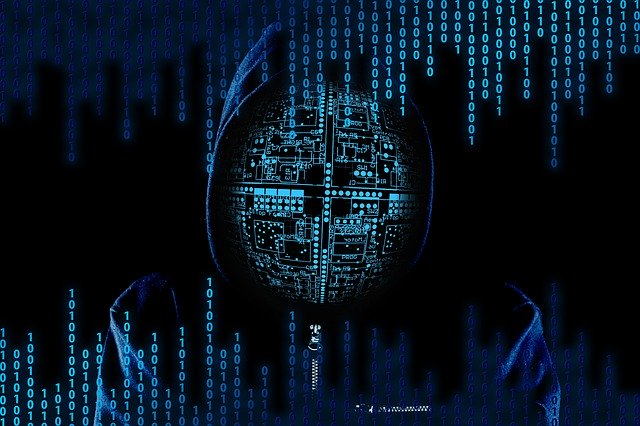
Fri 24 Jan 2020 20:02
Does AI Help or Hinder Cybersecurity?

One view on this is that machine learning, as a powerful technique that enables computer systems to take on tasks previously reserved only for humans, will empower cyberattackers to breach computer security in new ways, or at least in ways more effective than before. I know there is a great deal of anxiety about this. This past fall, I had a conversation with a CIO of a large university, who told me that his university was migrating its internet services to Amazon precisely because he believed that new AI-powered cyberattacks were coming, and he thought Amazon would be better able to fend them off. I'm not sure what I think of this defensive strategy, but that is not the important question here. The key question is this: are AI-powered cyberattacks going to overwhelm cyberdefence?
No doubt AI-powered cyberattacks are a reality. Machine learning is a powerful computer science technique, especially for automation. Cyberattackers, especially sophisticated, well-funded cyberattackers, will use it and I am confident are already using it. But highly automated cyberattacks are nothing new: cyberattackers have been automating their attacks for decades. Smarter automated cyberattacks are certainly something to worry about, but will they be transformative? Maybe. After all, in cybersecurity, the advantage is to the attacker, who needs to find only one hole in the defences, while the defender needs to block all of them. Anything that boosts the effectiveness of the attacker would seem to make the situation worse.
To really see the full picture, it's important to look at the defender too. Machine learning makes the situation worse only if it benefits the attacker more than it benefits the defender. But does it?
I don't have a complete answer to this question: there is a great deal of work still to be done on the application of machine learning to cybersecurity. But I suspect that the answer is a qualified No: rather, all other things being equal, machine learning will likely shift the balance of power towards the defender. The reason is data.
Machine learning is a technique where computer systems, instead of being programmed by programmers, learn what to do from data. But the quality of the learning depends on the quality and in particular the quantity of data. Machine learning is a technique that is most effective when trained with large amounts of data. ImageNet, for instance, a standard training dataset used to train machine learning applications to recognize images, contains about 14.2 million images. But who is more likely to have access to large amounts of good data about a system: the attacker or the defender? Of course, it depends, but it seems to me that, very generally speaking, the defender is more likely to have access to good system data than the attacker. The attacker is trying to get in; the defender is already in.
Of course, this is the broadest of generalizations. The effectiveness of machine learning in the cybersecurity space depends on a great many things. But I am cautiously optimistic. I realize I may be bucking what seems to be becoming a prevailing trend of ever-increasing anxiety about cybersecurity, but I believe here that machine learning has more potential to help than to harm. I look forward to seeing what will emerge in this space over the next few years.
